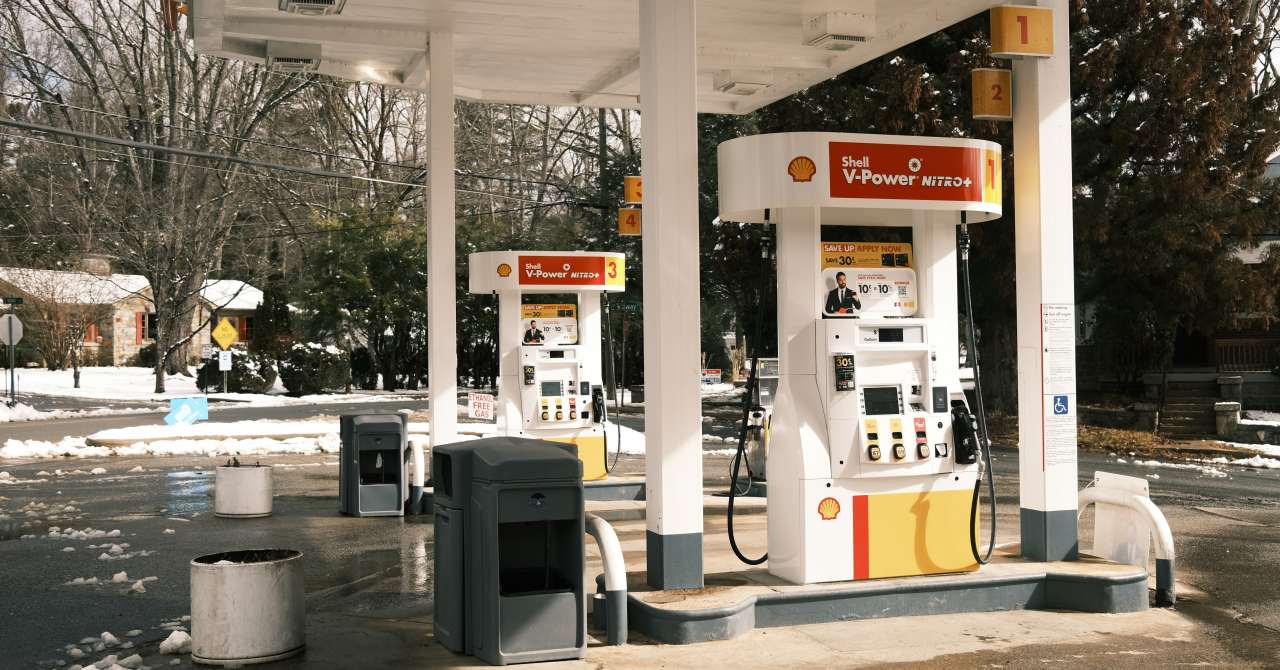Additionally, The Guardian reports that another 14 million bottles or so of soy and palm oil are being burned as fuel every day, most of these coming from South America and Indonesia.
Vegetable oil prices are increasing, due to the conflict taking place in Ukraine, which is the world's biggest producer of sunflower oil and Europe's most important supplier of rapeseed oil.
Around 58% of the rapeseed oil and another 9% of the sunflower oil used in Europe between 2015 and 2019 were added in fuel mixtures for vehicles, despite the fact that they might have a higher environmental footprint when compared to fossil fuels alone.
Maik Marahrens from European Federation for Transport & Environment, organization that did the study, says that "supermarkets have had to ration vegetable oils and prices are soaring. At the same time, we are burning thousands of tons of sunflower and rapeseed oil in our cars daily. In a time of scarcity we must prioritize food over fuel."
With a potential food crisis on the horizon, some 10% of the world's total grain stocks are being processed into biofuels, which could be used to feed about 1.9 billion people for a whole year.
A recent report from the Green Alliance suggests that if the fields that are used to grow the UK's bioethanol's supplies would be given to food crop farmers, they could help feeding an additional 3.5 million people for a year.
The same report says that this would partly relieve the food stock issues generated by the conflict in Eastern Europe by 25-40%.
Dustin Benton, the Green Alliance’s policy director, said that "at a time when Russia’s war threatens people in less developed countries with starvation, it’s indefensible to keep increasing biofuel use. Cutting back on biofuels is the fastest way of addressing global hunger in this crisis."
While vegetable oils that are used for biodiesel and renewable diesel are supposed to cut carbon emissions, experts say that cultures that generate the crops for these oils are sometimes displaced on previously unfarmed land, even if it comes to deforestation to get more farmable land.
The total global cropland is believed to have expanded by over 100 million hectares so far this century, and around half of that land comes from natural ecosystems.
Timothy Searchinger, researcher at Princeton University, says that "the cost of biofuels is greater than the benefit from any reduced use of oil. The error Europe and others have made is that they ignore this cost entirely. They act as though using land were free. The food crisis we are in reminds us that is not true."
 Mihai - Cristian Ioniță
Mihai - Cristian Ioniță












Any thoughts?